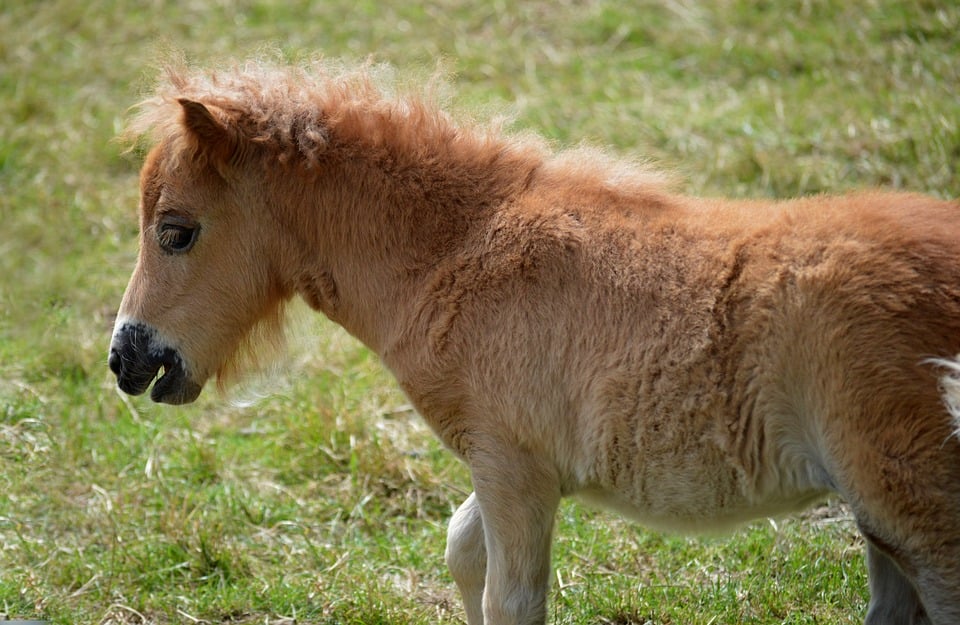In a world filled with logic and reason, ancient superstitions continue to captivate our imaginations. From black cats crossing your path to broken mirrors bringing seven years of bad luck, these beliefs have been passed down through generations, shaping our behavior and influencing our decisions. But what lies behind these seemingly irrational practices? How did they originate, and do they still hold any relevance in our modern world? In this article, we will delve deep into the fascinating world of ancient superstitions, seeking to uncover their mysteries and unravel the truth behind these age-old beliefs.
The Historical Context of Ancient Superstitions
To understand ancient superstitions, we must first explore their historical context. Superstitions have been a part of human culture since ancient times, stemming from a deep-rooted fear of the unknown and a desire to control our surroundings. In ancient civilizations, superstitions played a significant role in shaping daily life, influencing everything from agricultural practices to political decisions.
Some of the earliest recorded superstitions date back to ancient Egypt, where rituals and charms were used to ward off evil spirits and ensure good luck. In ancient Greece and Rome, superstitions were closely tied to religious beliefs, with many rituals performed to appease the gods and gain their favor. Even in more recent history, superstitions have played a pivotal role in shaping cultural norms and societal practices.
The Current State of Ancient Superstitions
In today’s modern world, ancient superstitions may seem out of place, relics of a bygone era. However, superstitions continue to hold sway over many people’s lives, impacting everything from daily routines to major life decisions. Despite advances in science and technology, superstitions persist in various forms, with some even gaining popularity in mainstream culture.
Many people still engage in superstitious practices, whether out of habit, tradition, or a genuine belief in their efficacy. From wearing lucky charms to avoiding certain numbers or symbols, superstitions continue to shape our behavior in subtle ways. Psychologists suggest that superstitions may offer a sense of control in an unpredictable world, providing comfort and reassurance in times of uncertainty.
The Future of Ancient Superstitions
As we look to the future, the role of ancient superstitions in society remains uncertain. With advances in science and technology, will superstitions fade into obscurity, or will they continue to hold sway over our lives? It is likely that superstitions will evolve and adapt to our changing world, taking on new forms and meanings in response to societal shifts.
In a world where belief systems are constantly in flux, ancient superstitions may continue to provide comfort and reassurance to those seeking a sense of control. Whether we view superstitions as outdated relics or enduring traditions, their impact on our lives is undeniable. As we navigate an increasingly complex world, superstitions may offer a sense of stability and guidance, providing a link to our shared cultural heritage.
Conclusion
In conclusion, ancient superstitions remain a fascinating and enigmatic aspect of human culture. From their origins in ancient civilizations to their continued presence in modern society, superstitions continue to shape our behavior and influence our decisions. While some may view them as irrational beliefs, superstitions offer insight into our collective fears, desires, and beliefs.
As we unravel the mysteries of ancient superstitions, we gain a deeper understanding of ourselves and the world around us. Whether we embrace superstitions as cultural traditions or dismiss them as outdated practices, their impact on our lives is undeniable. By exploring the historical context, current state, and future predictions of superstitions, we can gain a greater appreciation for these enduring beliefs.
Thank you for joining us on this journey through the world of ancient superstitions. We hope this article has provided valuable insights and sparked your curiosity about this fascinating topic. For further exploration, we recommend diving into the rich history of superstitions and delving into the psychology behind these age-old beliefs. Happy exploring!
